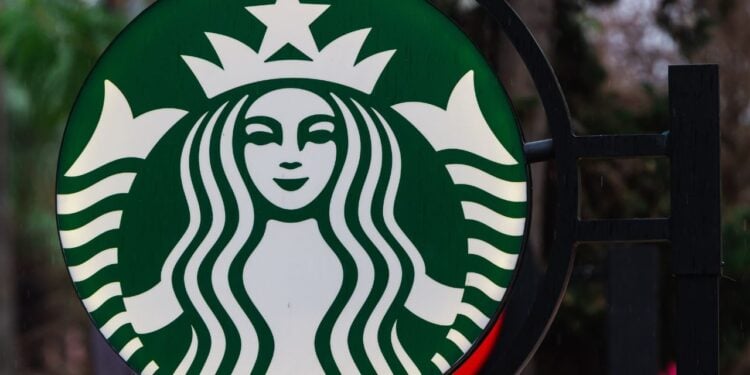Starbucks’ new CEO Brian Niccol has plans to commute nearly 1,000 miles from his Southern California home to the company’s Seattle headquarters via a company-owned private jet. The news has since sparked widespread debate over the future of work, workplace flexibility and leadership practices in traditional work environments.
While the share of U.S. super commuters has increased since 2020, this extreme arrangement is under scrutiny largely because of a perceived disconnect between Starbucks’ corporate sustainability goals and how the commute is arranged. The company has publicly committed to halving its carbon emissions by 2030. However, despite this pledge, the company’s total emissions have increased by 8% since 2010.
It also raises questions about flexible work environments and office mandates. Starbucks’ hybrid work policy requires employees to be in the office at least three days a week, and Niccol is no exception to that rule. But, special arrangements like his may undermine employee morale and trust — particularly if corporate leaders are perceived as not adhering to the same standards expected of their teams.
Critics argue that if the company mandates employees to be in the office, even if it’s hybrid/three-days-a-week, then that company should provide gas allowances and cover commuter-related expenses. This situation showcases an egregious expenditure for one employee with no compensation or consistent policy for others.
The debate highlights the growing tension between corporate leadership practices and employee expectations of the modern workplace. As remote and hybrid work models become more of the dominate forms of work-life, employees are showing that they increasingly value flexibility and equitable treatment.
Going forward, large U.S. corporate giants like Starbucks will need to align work practices for all employees — balancing flexibility with fairness to maintain high morale and trust within flexible work environments.















